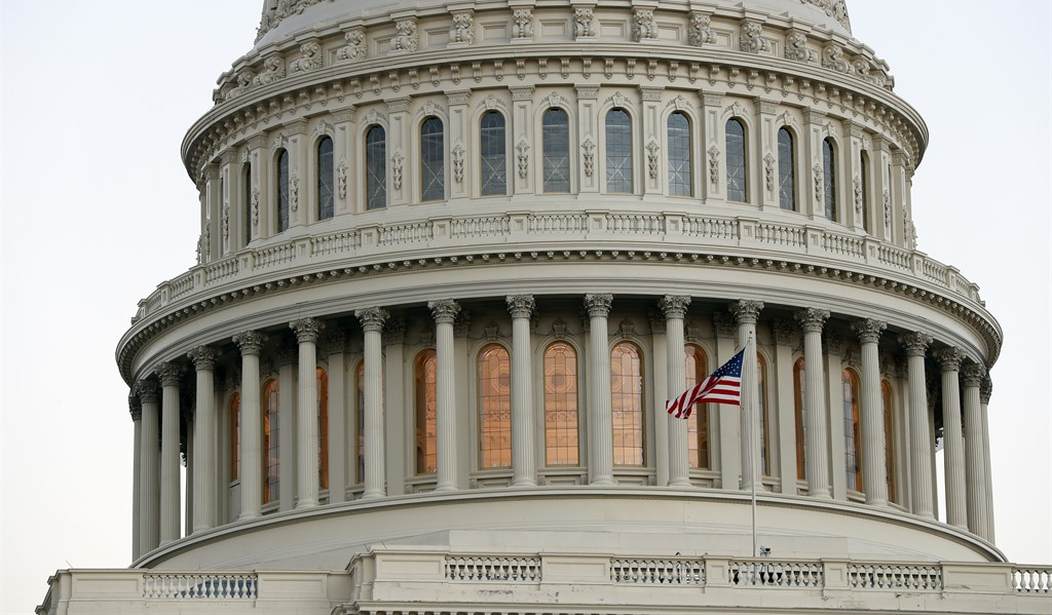At the start of this year, Rep. Steve Cohen, D-Tenn., introduced a bill in the House of Representatives to abolish the Electoral College. As a refresher, the Electoral College is the process by which our country elects our president and vice president. Developed by our founders, its structure is laid out in our Constitution. When we vote in presidential elections, we don't vote directly for the person, but instead vote for electors, who will then vote for the candidates in the following month.
It is an indirect process versus a direct process of democracy, which is what Cohen has proposed. There are 538 electors in the Electoral College, so a candidate has to win at least 270 of those votes to win. (Hence the 270toWin website that tracks the election.)
Each state has as many electors as it has senators and congressional representatives combined. California has 55, while Delaware has 3. The adoption of the 23rd Constitutional Amendment gave the District of Columbia the same number of electors as the state with the fewest number.
Almost all of the states allocate their electoral votes on a winner-take-all basis. For example, if the California popular vote is a win for the Democratic candidate, he or she would win all 55 of the state's electoral votes.
Two states, Nebraska and Maine, allocate their electoral votes differently. The state's popular vote winner is granted two electoral votes, while the remaining votes are attributed to the winner of the popular vote in its congressional districts.
There is also a push to change the Electoral College process on a state-by-state level. This method would take effect only after involved states whose combined electoral votes add up to 270 adopt the plan.
Recommended
Under the National Popular Vote plan, electoral votes would be allocated to whoever won the national popular vote. For example, if Georgia voted Republican, but the national popular vote winner was a Democrat, Georgia would allocate its electoral votes to the Democratic candidate. According to the National Popular Vote plan's website, this "has been enacted into law by 13 jurisdictions possessing 181 electoral votes (CA, CO, CT, DC, HI, IL, MA, MD, NJ, NY, RI, VT, WA)."
The Electoral College process has resulted in presidents winning the election but losing the popular vote -- five times. The first instance, in 1824, resulted in no one winning the Electoral College. The winner, John Quincy Adams, was decided by the House of Representatives in February of the following year.
The election of 1876 between Republican Rutherford B. Hayes, the governor of Ohio, and Samuel Tilden, the governor of New York, resulted in Hayes becoming president due to an unwritten 1877 compromise. The compromise? The four states with 20 unresolved electoral votes pledged them to Hayes on the condition that the Republicans pulled federal troops out of the South. This led to the end of Reconstruction.
Once the federal troops were removed, many white Republicans fled the South, and control of the southern state political structure was solidified by Democratic "Redeemers," who went on to disenfranchise blacks.
In 1888, Republican Benjamin Harrison beat Democratic incumbent Grover Cleveland by winning more electoral votes, despite losing the popular vote.
In 2000, Republican nominee George W. Bush lost the popular vote to Democratic nominee Al Gore. The Florida votes were recounted, and a U.S. Supreme Court case finally settled the election in Bush's favor on December 12, 2000.
This past election, Democratic nominee Hillary Clinton won the popular vote, but Republican nominee Donald Trump won the presidency by winning 304 electoral votes.
While Cohen might use the two most recent elections as examples of why we should change the Electoral College, the fact of the matter is that if the process were changed, then the candidates would also change their approach to campaigning. In the current process, much of the time, energy and money of the campaign is spent on swing states -- ones that might flip from one party to the other. But these swing states change over time.
If there was a national popular vote, then every vote would count the same. While this would provide direct representation, it would also make it easier for voter fraud to affect the outcome. Additionally, metro areas would be more valuable places for candidates to campaign, and small states could simply be flown over and ignored.
The founders created a complex process that balances popular votes, the federal system, state size and an understanding that pure democracy can lead to rule by a simple majority and leave little room for political compromise. While a simple majority might make sense from a theoretical perspective, imagine if a sheep and two wolves were to vote on what should be eaten for dinner. You can guess how that would end up.

























Join the conversation as a VIP Member